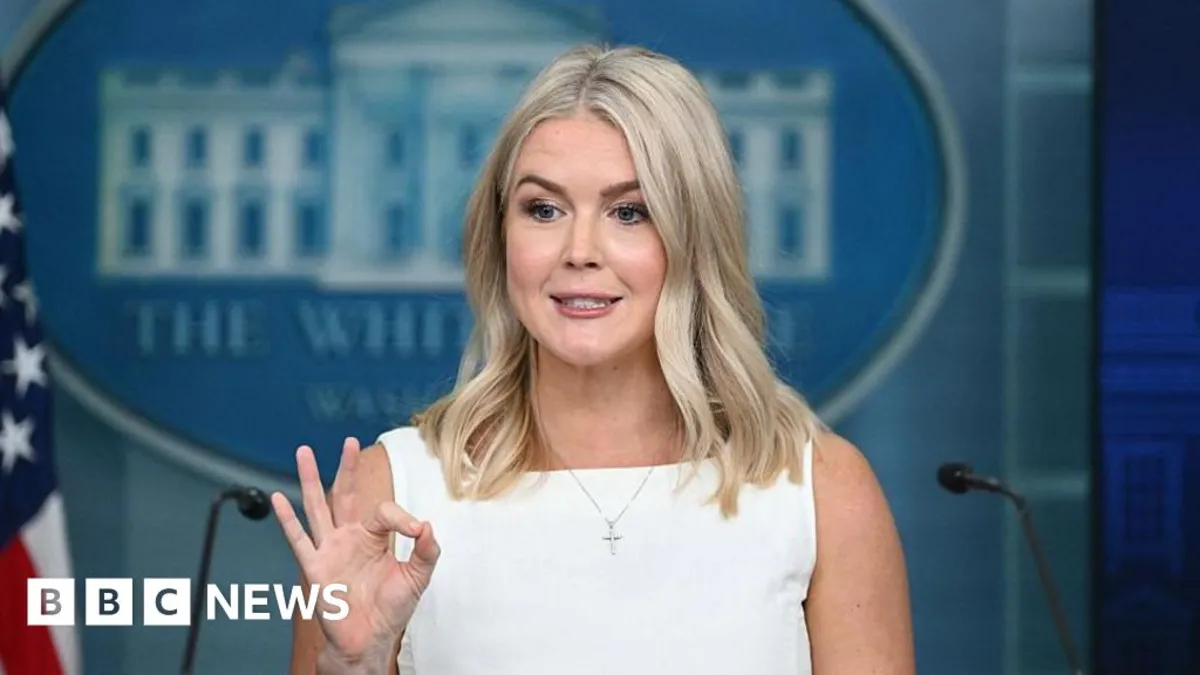
The White House confirmed on Tuesday that the Trump administration is actively negotiating a deal that could result in the US government acquiring a 10% stake in the chip manufacturing giant, Intel. According to White House press secretary Karoline Leavitt, the administration's priority is to put America's needs first from both a national security and economic perspective. This potential investment aims to bolster the country's semiconductor industry amid rising competition.
The potential agreement could involve a strategic swap where government grants are exchanged for shares in Intel. US Commerce Secretary Howard Lutnick discussed the plan during an appearance on CNBC, stating, "We should get an equity stake for our money." He emphasized that the government aims to receive equity in return for financial support, rather than simply distributing grants.
This highly unusual move is seen as a crucial step for Intel, which has been facing challenges in competing with rivals such as Nvidia, Samsung, and TSMC, especially in the rapidly expanding artificial intelligence (AI) chip market. The government's involvement could provide Intel with the necessary resources to enhance its competitive edge.
The potential deal, first reported last week, is primarily aimed at facilitating the establishment of a flagship manufacturing hub in Ohio. A White House spokesperson previously indicated that the reports surrounding this deal should be viewed as speculative until an official announcement is made. Although Intel refrained from directly commenting on the negotiations, the company expressed its commitment to support President Trump's initiatives to strengthen manufacturing and technology in the United States.
On Monday, Japanese investment firm Softbank announced plans to purchase a $2 billion stake in Intel, which some analysts interpreted as a vote of confidence in the company's potential turnaround. Following this announcement, Intel's shares surged by nearly 7% in New York on Tuesday, reflecting investor optimism about the company's future.
As one of the few US companies capable of producing high-end semiconductors at scale, Intel holds a unique position in the domestic market. However, the company has struggled to keep pace with its global competitors. The government's potential investment underscores Intel's significance as America's primary producer of advanced chips, according to Dan Sheehan from Telos Wealth Advisors.
While the prospect of government involvement may provide necessary support, some experts, including Sheehan, caution that political engagement could complicate decision-making processes and shift corporate priorities. Concerns have also been raised regarding whether companies like Intel might face pressure to align with political agendas.
This development occurs as the US chip industry faces increased scrutiny from the White House. Last week, both Nvidia and AMD agreed to pay the US government 15% of their revenues from China as part of an unprecedented agreement to secure export licenses to the region. This deal highlights the ongoing challenges and regulatory pressures facing the semiconductor industry in the United States.